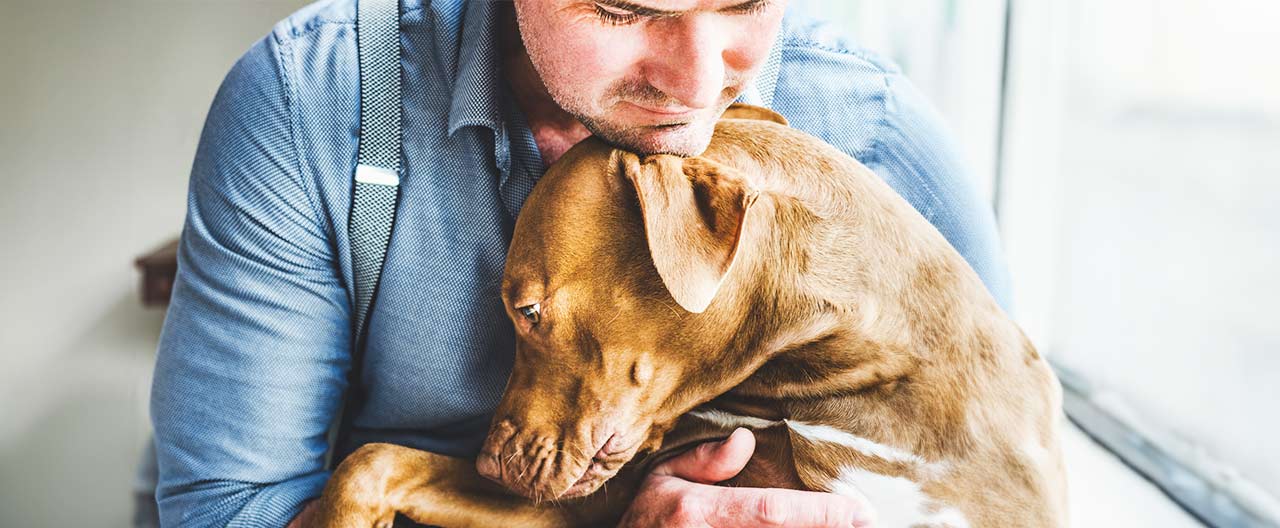- Individuals & Families
- Businesses
- Agents & Brokers
- Embedded Insurance

Chubb ranked #1 for Customer Satisfaction with the Home Insurance Claims Experience

Chubb ranked #1 for Customer Satisfaction with the Home Insurance Claims Experience

Chubb ranked #1 for Customer Satisfaction with the Home Insurance Claims Experience

Chubb ranked #1 for Customer Satisfaction with the Home Insurance Claims Experience

Because pets are family, Chubb now offers pet insurance with top-rated coverage from Healthy Paws.

Chubb offers the insurance protection you need for travel’s many “what ifs”.

Chubb protects small businesses at every stage – from newly formed start-ups to long-time anchors of the community.

Stay ahead of cyber threats with our free Cyber Claims Landscape Report.

Learn more about our dedicated learning paths, Online Learning Center, and more.

Many digital-savvy consumers look for it as a core or add-on option.

Many digital-savvy consumers look for it as a core or add-on option.

Many digital-savvy consumers look for it as a core or add-on option.

Chubb’s in-house technology makes it easy to integrate what we do into your customer experience.
-
About
-
Claims
-
Login & Pay Bill
For Agents & BrokersFor Travel Advisors
-
Back
The frequency and severity of hurricanes have increased in recent years — and this trend is expected to continue. Given this growing risk, it’s critical for homeowners in hurricane-prone regions to prepare for the worst to protect their families and property. In addition, households with pets or service animals should consider making specific plans to protect their animals.
Key steps to protect your pets
Advanced planning on how to evacuate and/or care for your animals during a hurricane or other disaster can help avoid potential disaster from a difficult event. The right preparation can help everyone stay calm — and provide comfort to one another. Here are some key steps to consider:
- Make a pet-friendly evacuation plan — Identify hotels, motels, short-term rentals, and emergency shelters that will accommodate both you and your pets. Keep in mind that some shelters may only allow service animals. In addition, identify veterinarians and boarding facilities as a back-up for sheltering your pet or animal.
- Plan transportation — Ensure you have access to a vehicle that can transport everyone comfortably and safely. If you’re hiring a transportation service or plan to use public transportation, make sure that all your pets can travel with you.
- Update identification tags and microchips — Before the worst happens, make sure your pets’ tags and microchips have your current contact information, especially your mobile number. Consider getting your pets microchipped if you haven’t done so already.
- Make sure your pets’ vaccinations are current — Some shelters, kennels, and other facilities may require vaccination records. Therefore, in addition to taking your pets to the veterinarian for needed boosters, be sure to get an updated printed copy of vaccination records. Keep the records in a waterproof pouch and an electronic copy on your phone.
- Evacuate early — When facing a potential threat, evacuate as soon as possible — even before a mandatory evacuation order is issued. Traveling and sheltering with larger pets can be more challenging, so the earlier you evacuate, the better.
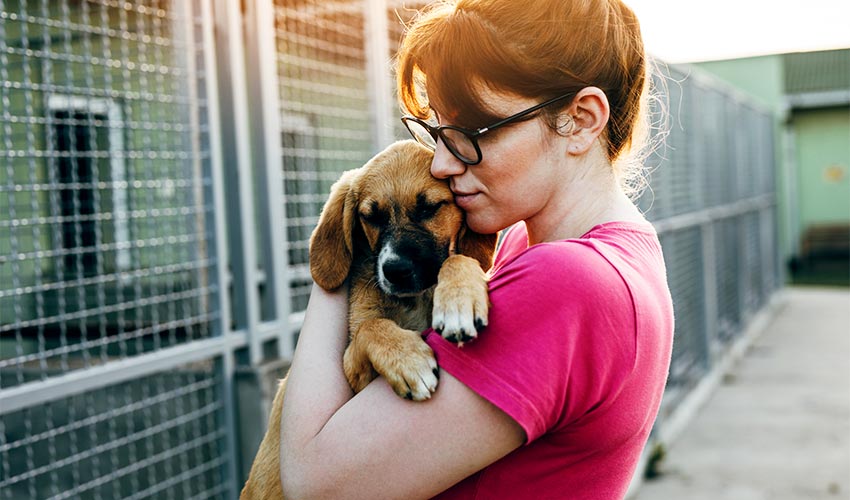
Preparing a pet emergency kit
In advance of hurricane season — and to prepare for any disaster — prepare a pet emergency kit that is ready to grab and go. For each pet, your kit should likely include:
- Food in watertight containers and water — enough for at least three days
- Bowls and a can opener, if needed
- Leash, collar, and ID tags
- Medications
- Pet first aid kit
- Bedding or blanket
- Crate or carrier
- Cleaning supplies and waste bags; cat litter for cats
- Photo of you and your pets — in case you’re separated
Review and replenish your pet emergency kit every six months to ensure food and medications aren’t expired.
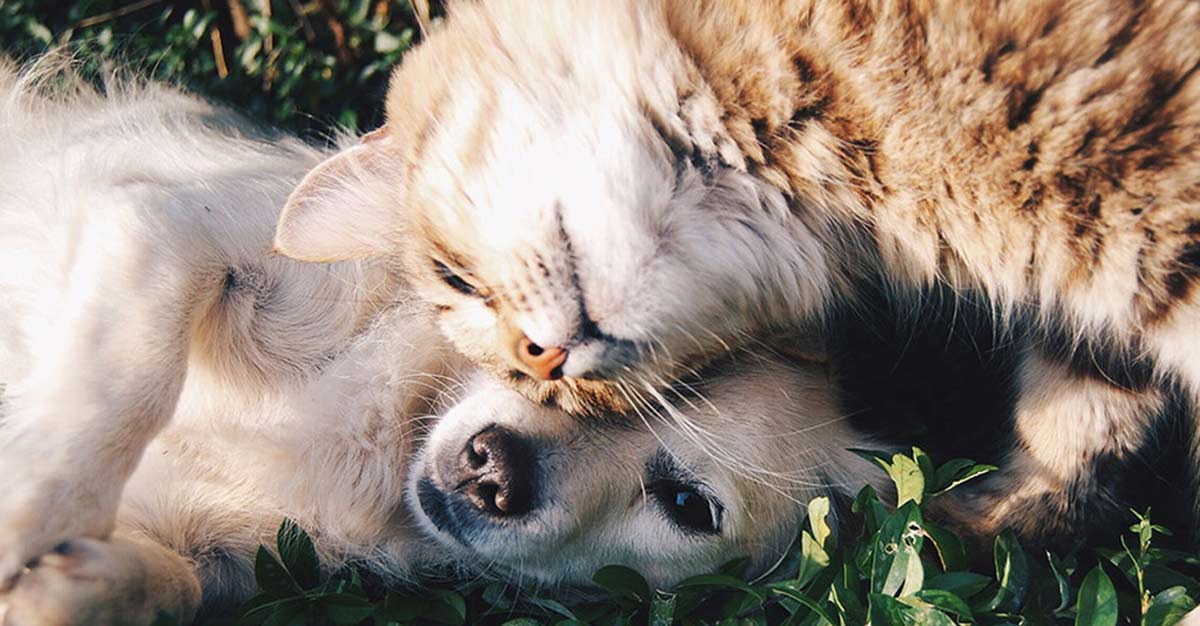
Protect your four-legged family members with a Healthy Paws plan
Get top-rated cat or dog insurance plans for your pets.
Insights and expertise

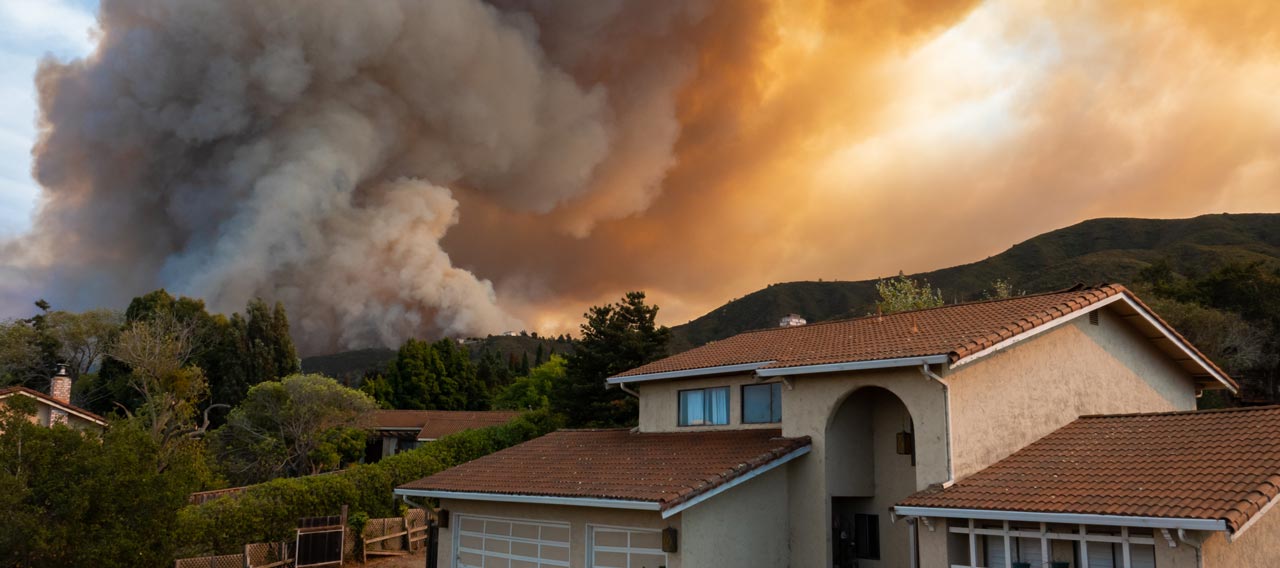
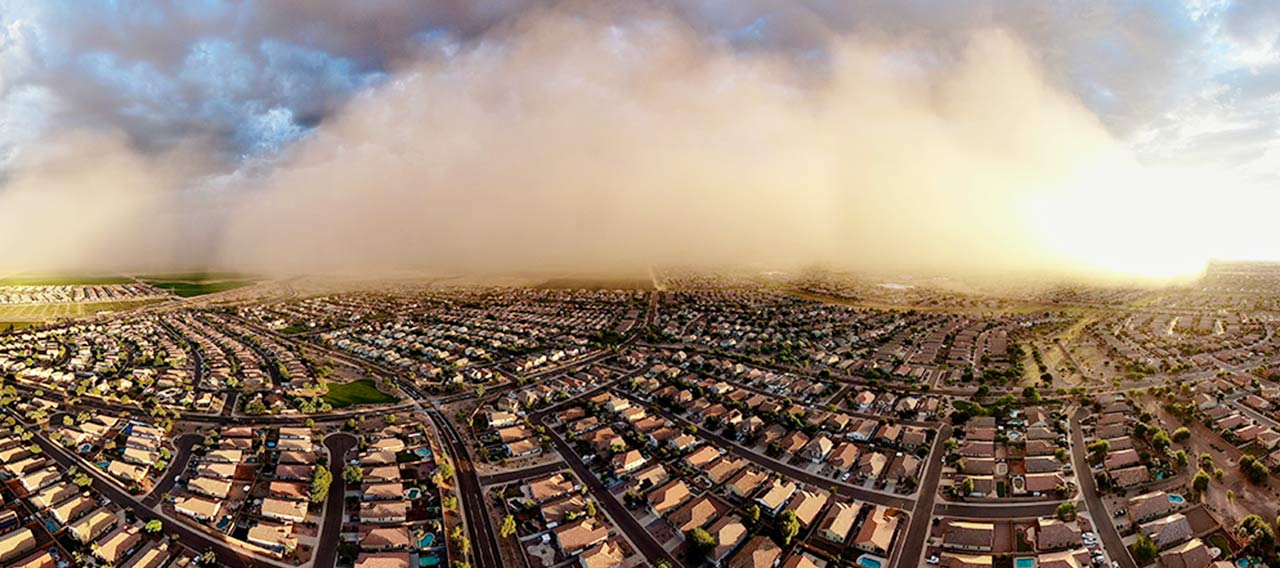
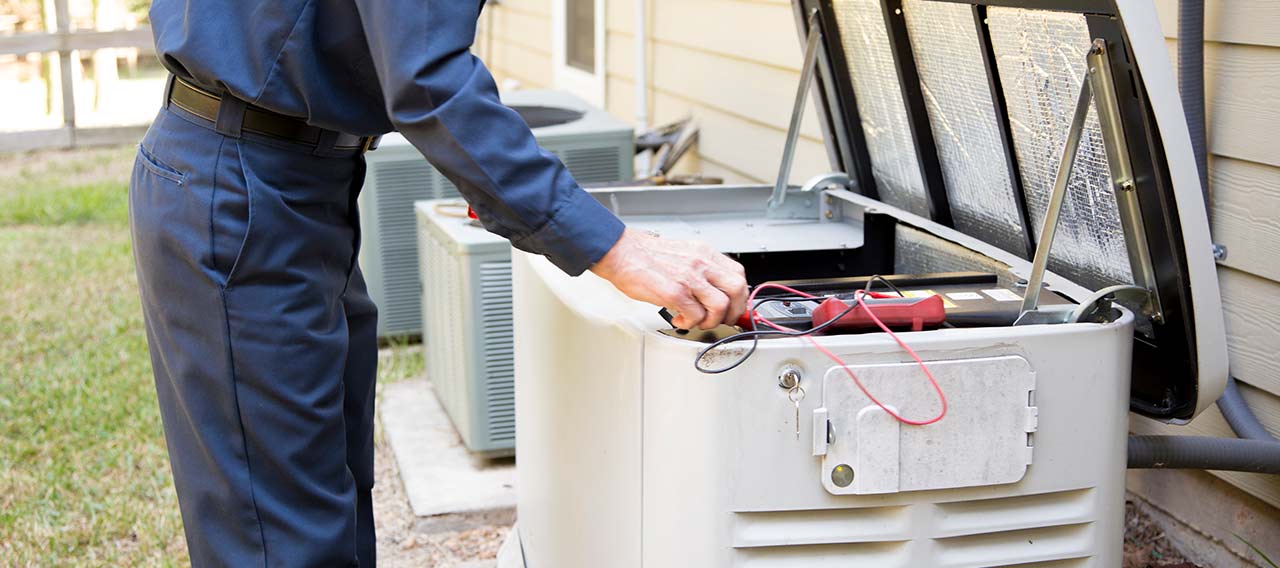




Get a personal insurance quote
Work with an independent agent to get personalized insurance solutions.
This document is advisory in nature and is offered as a resource to be used together with your professional insurance advisors in maintaining a loss prevention program. It is an overview only, and is not intended as a substitute for consultation with your insurance broker, or for legal, engineering or other professional advice.
Chubb is the marketing name used to refer to subsidiaries of Chubb Limited providing insurance and related services. For a list of these subsidiaries, please visit our website at www.chubb.com. Insurance provided by ACE American Insurance Company and its U.S. based Chubb underwriting company affiliates. All products may not be available in all states. This communication contains product summaries only. Coverage is subject to the language of the policies as actually issued. Surplus lines insurance sold only through licensed surplus lines producers. Chubb, 202 Hall's Mill Road, Whitehouse Station, NJ 08889-1600.


